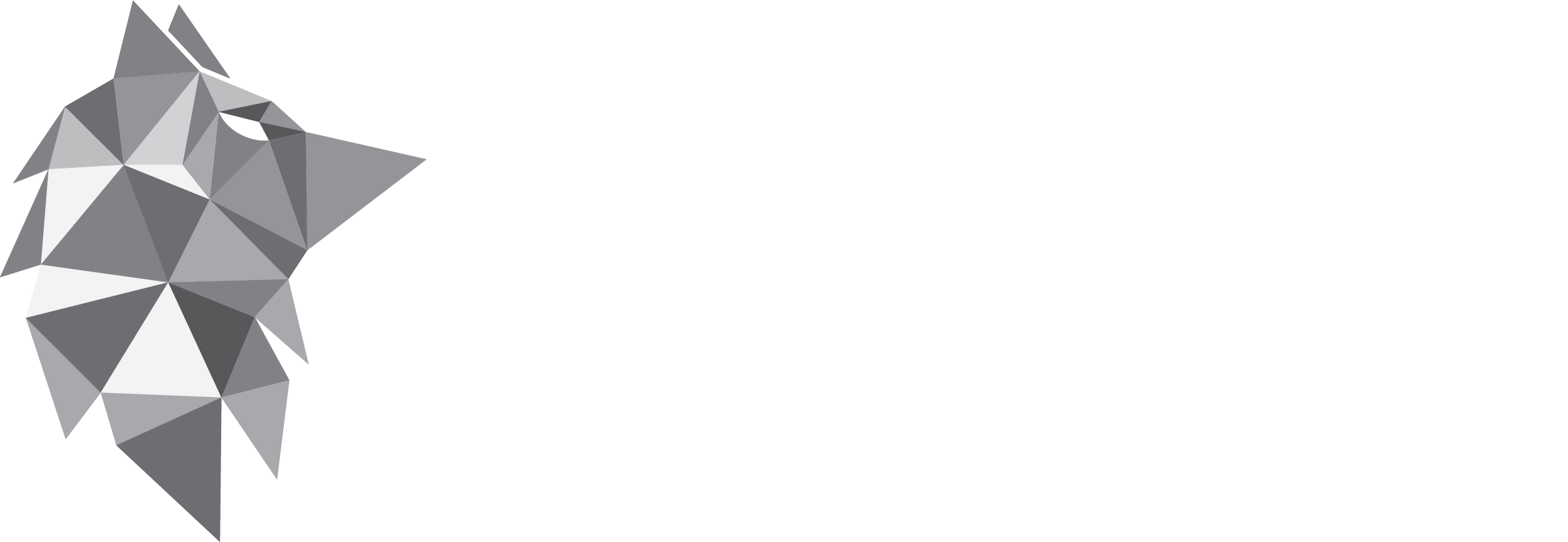In recent years, private equity (PE) firms have aggressively acquired Managed Service Providers (MSPs), in many cases prioritizing scale, recurring revenue, and rapid expansion over service quality and customer satisfaction.
According to Founders Advisors, there were 185 M&A transactions in Q4 2023, with 55% led by financial/PE buyers and 45% by strategic buyers. The trend accelerated into 2025, as Drake Star reported 106 announced M&A deals in the U.S. and Europe in Q1 2025. Among the most active consolidators are firms like Accenture, Evergreen Services Group, and Dataprise.
The logic is clear: you buy up smaller MSPs, roll them into a standardized platform, drive some economies of scale, and automate parts of delivery in the name of growth. But for organizations, these acquisitions come with hidden costs: slower response times, loss of personalized support, diluted accountability, and sometimes weakened cybersecurity in the push to streamline.
At Netwolf Cyber, we take a different path: one where trust, consistency, and customer-centric service remain non-negotiable. In this article, we explore the challenges faced by organizations in a PE-dominated MSP market, why MSPs are becoming attractive to financial buyers, how the trend is already absorbing smaller providers, and what risks that creates for end users. We also offer practical advice for organizations seeking MSPs that deliver both scale and quality.
The complexity of modern IT demands
Organizations today face numerous IT challenges that are more complex than ever. Cyber threats are becoming more frequent and sophisticated; regulatory compliance spans multiple jurisdictions; cloud environments are hybrid, multi-vendor, and continually evolving; talent is scarce; and operational disruptions can have significant downstream impacts.
Some of the specific challenges include:
- Inconsistent response times for support when demand spikes or during off-hours
- Unclear accountability when multiple vendors, platforms, or divisions are involved
- Hidden costs from patching, updates, cloud migrations, and security control maintenance
- Compliance risk when regulations change or audits are required unexpectedly
Lack of agility to adopt emerging technologies without compromising stability
Because of these risks, many businesses turn to MSPs they view as qualified, trustworthy, and deeply technical: providers who understand their vertical, can deliver reliable and proactive cybersecurity, manage complexity, offer strong SLAs, and treat the customer relationship as a long-term partnership rather than a transaction.

Why are MSPs attractive to PE?
Private equity firms see MSPs as appealing investment opportunities for several reasons. Understanding these can help businesses see both the upside and the risks.
Growing demand
As more organizations adopt cloud infrastructures, remote or hybrid work models, and cybersecurity frameworks, they need continuous support, monitoring, and threat detection. PE buyers expect this demand to keep growing, particularly in regulated sectors, making MSPs with strong cybersecurity offerings very attractive. For example, Netrio’s recent acquisition of Agio was partly driven by Agio’s deep expertise in cybersecurity for the financial services sector, which complements Netrio’s existing services.
Stable revenue
MSPs often employ recurring revenue models, such as monthly contracts, managed security services, and service-level agreements, which provide a predictable cash flow. That stability reduces risk for investors compared to volatile businesses. In many cases, MSP acquisitions are structured around recurring revenue streams, which can make valuation and financial modeling more straightforward for PE firms.
Scalability
Scaling MSP operations (by adding endpoints, clients, geography, and employees) is viewed as crucial for growth. But as scale increases, maintaining the same level of service and technical responsiveness becomes harder. As the number of endpoints serviced scales up, process and platform standardization tend to be pushed aggressively; what works well for small clients may be less effective for niche requirements or complex environments.
Smaller providers being absorbed by PE firms
Many smaller MSPs are finding themselves acquired by larger PE-backed platforms. This reshapes the marketplace and can create both opportunity and risk. These are just a few examples of smaller MSPs that have been absorbed by PE-backed platforms recently:
- Agio: In May 2025, Netrio acquired Agio, a New York City-based MSP specializing in cybersecurity. Agio brought with it both deep domain expertise and a proprietary GenAI-powered delivery platform, which PE-backed Netrio sees as a way to scale more efficiently.
- Ntiva: Ntiva, a growing managed services provider, has been backed since 2022 by PSP Partners, a Chicago-based private investment firm founded by its Chairman, Penny Pritzker. PSP Partners invested in Ntiva to enable growth in business and tech services.
- New Charter Technologies: Founded in 2019 with backing from Oval Partners, New Charter aggregates IT services firms to gain scale. Their model, like many in the PE-MSP space, is to offer liquidity to founders while expanding platform capabilities.
- Thrive: Thrive is an MSP that focuses on integrated cybersecurity, cloud, and managed infrastructure. In 2025, the company secured investment from PE firms including Berkshire Partners and Court Square Capital, signaling investor confidence in its growth potential.
PE firms are buying up smaller MSPs
As PE plays a larger role in the MSP world, new platform models are emerging, sometimes absorbing many smaller players under a centralized structure.
A notable example is The 20 MSP, which over approximately 33 months has completed 40 acquisitions of other MSPs. In June 2025, the 20 MSP group completed its 40th acquisition and said it could see up to 10 more by year-end. Many of those MSPs were already part of The 20 Group, a peer community of MSPs that agree to use common tools and processes. This standardization (60-70% of operations by tool stack) helps simplify integrations.
In platform MSPs under PE or PE-like investment, decision-making often shifts more towards metrics like margin, utilization, efficiency, and EBITDA growth rather than customer experience or local knowledge. Acquired companies may lose autonomy. Integration decisions (on tools, staffing, support tiers) are often driven by cost and scale, which may lead to staff reductions, offshoring/back-office centralization, or a reduction in local responsiveness.

Quality erosion post acquisition
When MSPs are scaled rapidly under PE ownership or platform models, several patterns have been observed (though not universal) that can lead to weaker service for end users.
- Services become less personalized
- Support response times increase, especially for high-touch or complex issues
- Fewer specialized or vertical-focused resources
Before acquisition, many MSPs pride themselves on local or specialized vertical expertise, strong relationships, fast escalation paths, and a willingness to invest in less “profitable” or smaller projects. After acquisition, these elements can be more challenging to maintain when the priority shifts to cost control, throughput, and standardized KPIs.
How businesses can choose MSPs wisely
Even in a market with many PE-owned or PE-influenced MSPs, there are practical steps you can take to ensure the MSP you select delivers both quality and trust.
- Perform thorough due diligence (look at customer reviews, case studies, vertical experience)
- Require strong service level agreements (SLAs) with meaningful remedies for failures
- Check the ownership structure and ask about how much autonomy local teams have
- Evaluate staffing, turnover, technical specializations, and certifications
- Ask about investment in innovation (AI, automation) vs. shortcuts made for cost-cutting
Selecting an MSP isn’t just about price or scale: it’s about aligning values, expectations, and measured performance. Providers like Netwolf Cyber that emphasize proactive monitoring, dedicated support, and transparent SLAs can often offer safer, more reliable partnerships.
Scrutinize before you sign
Scale can deliver certain advantages, but bigger isn’t always better. When private equity-backed MSP platforms push for efficiency, growth, and standardization, there is a real risk that service quality, trust, or vertical expertise may erode. Organizations that don’t examine who owns their MSP, how decisions are made, and how much the provider values technical depth over margin may find themselves paying the price in slower response or even compromised security.
At Netwolf Cyber, we believe in striking a balance between scale and integrity, ensuring each customer receives highly responsive, expert-driven service. Before choosing an MSP, carefully assess ownership, SLAs, customer references, and alignment with your organization’s needs.
The information in this blog is for general informational purposes only. All references to third-party companies or competitors are for context and comparison only. NetWolf Cyber makes no representations or warranties regarding the accuracy or completeness of information about third parties mentioned herein. For guidance tailored to your organization’s specific needs, please contact NetWolf Cyber Intelligence Advisors directly for a consultation.

